Filter by
The language used throughout the course, in both instruction and assessments.
Results for "orbital+perturbations"
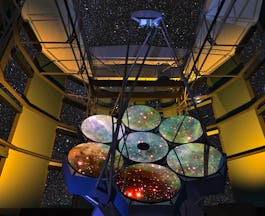 Status: Free
Status: Free
University of Arizona
Skills you'll gain: Physical Science, Physics, General Science and Research, Scientific Methods, Scientific Visualization, Research, Simulations, Systems Of Measurement, Simulation and Simulation Software
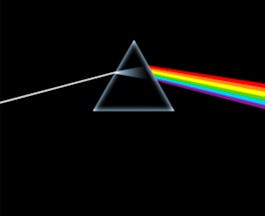 Status: Free
Status: Free
University of Manchester
Skills you'll gain: Experimentation, Quantitative Research, Vibrations, General Science and Research, Simulation and Simulation Software, Physical Science, Systems Of Measurement
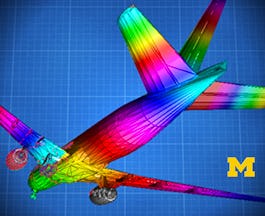

University of Michigan
Skills you'll gain: Finite Element Methods, Engineering Analysis, Numerical Analysis, Mathematical Modeling, Advanced Mathematics, C++ (Programming Language), Object Oriented Programming (OOP)
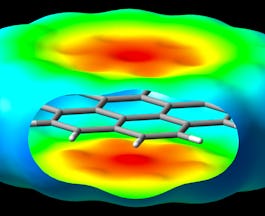 Status: Free
Status: Free
University of Manchester
Skills you'll gain: Physical Science, Physics, Simulation and Simulation Software, Experimentation, Simulations, Science and Research, Quantitative Research, Scientific Methods, Mathematical Modeling, Calculus, Integral Calculus
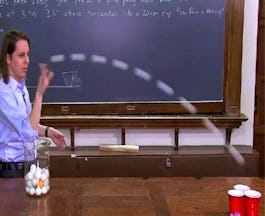

Rice University
Skills you'll gain: Mechanics, Torque (Physics), Physics, Calculus, Engineering Analysis, Physical Science, Mathematical Modeling, Algebra, Applied Mathematics, Linear Algebra, Trigonometry, Engineering Calculations
 Status: Free
Status: Free
Yale University
Skills you'll gain: Global Positioning Systems, Physical Science, Spatial Analysis, Mechanics, General Science and Research, Engineering, Physics
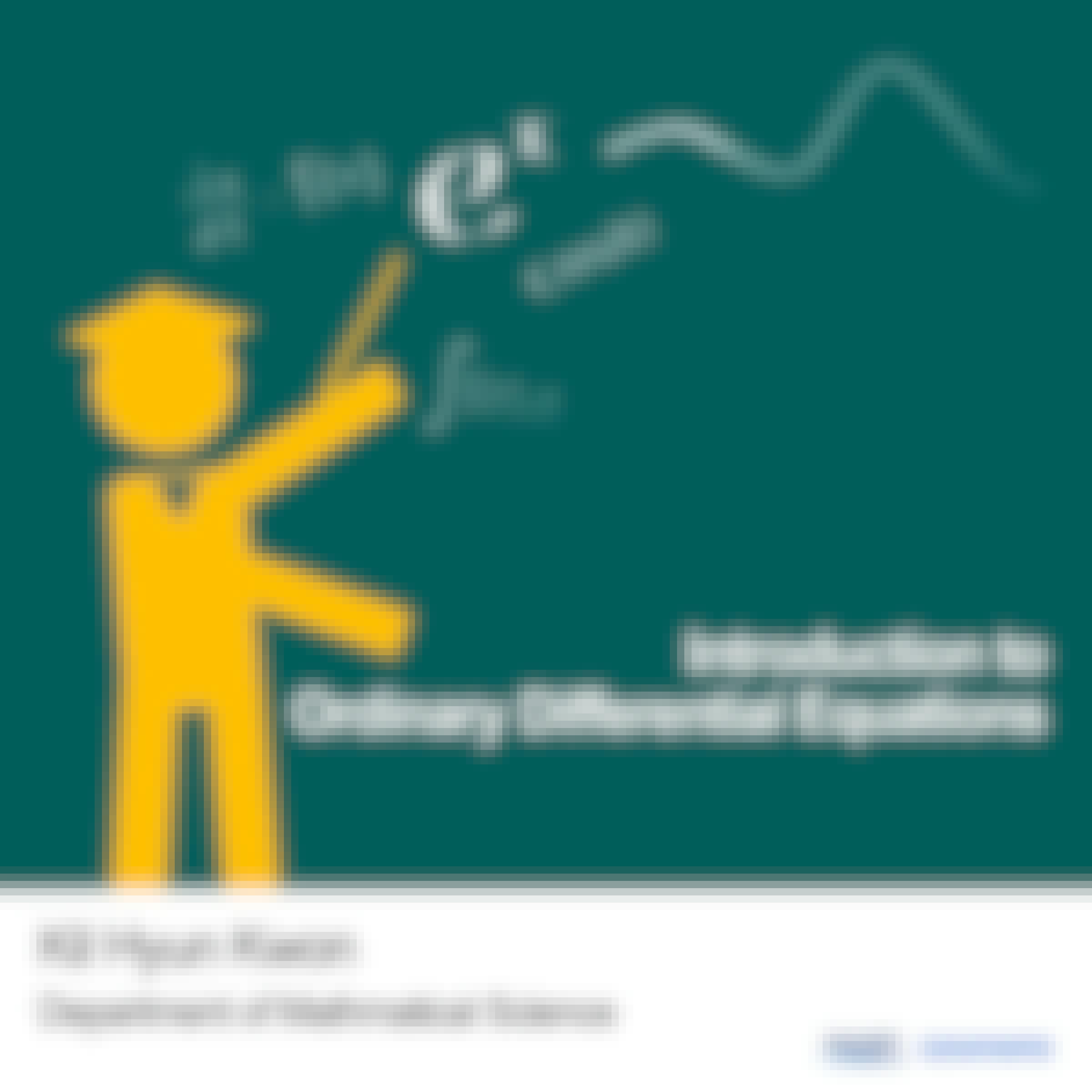 Status: Free
Status: Free
Korea Advanced Institute of Science and Technology(KAIST)
Skills you'll gain: Differential Equations, Mathematical Modeling, Applied Mathematics, Calculus, Vibrations, Mechanics


Korea Advanced Institute of Science and Technology(KAIST)
Skills you'll gain: Electrical Engineering, Basic Electrical Systems, Electronic Components, Differential Equations, Physics, Engineering Analysis, Integral Calculus, Applied Mathematics, Advanced Mathematics, Mechanical Engineering, Scientific Visualization, Visualization (Computer Graphics), Engineering Calculations, Electronic Systems, Mechanics, Mathematical Modeling, Equipment Design, Calculus, Linear Algebra


Coursera Project Network
Skills you'll gain: Finite Element Methods, Engineering Analysis, Simulation and Simulation Software, Simulations, Mechanical Design, Structural Analysis, Engineering Design Process
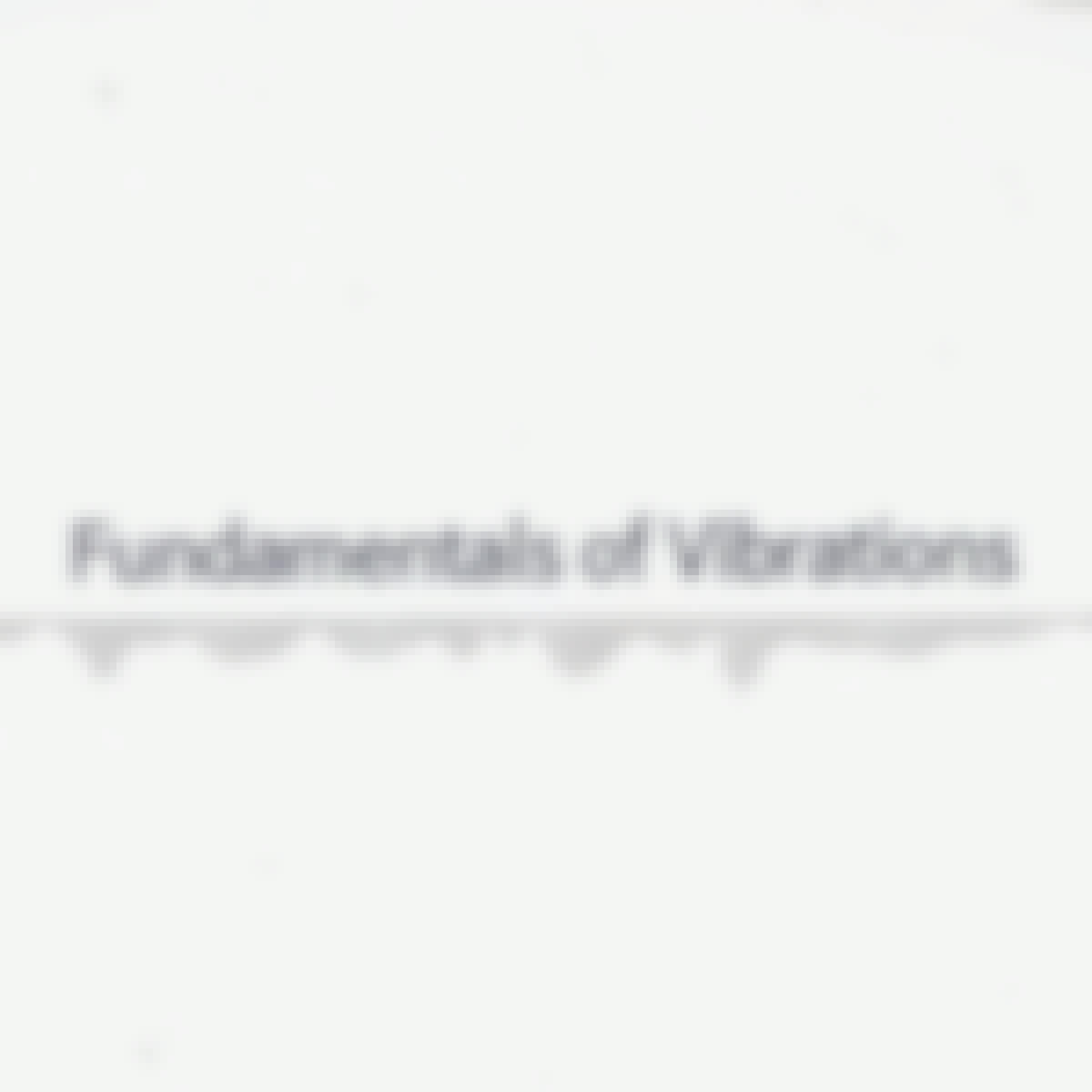 Status: Free
Status: Free
Korea Advanced Institute of Science and Technology(KAIST)
Skills you'll gain: Vibrations, Mechanics, Mechanical Engineering, Engineering Analysis, Machine Controls, Engineering Calculations, Differential Equations, Linear Algebra, Mathematical Modeling
 Status: Free
Status: Free
Technical University of Denmark (DTU)
Skills you'll gain: Semiconductors, Process Engineering, Manufacturing Processes, Electronic Components, Product Lifecycle Management, Environment, Product Testing, Reliability
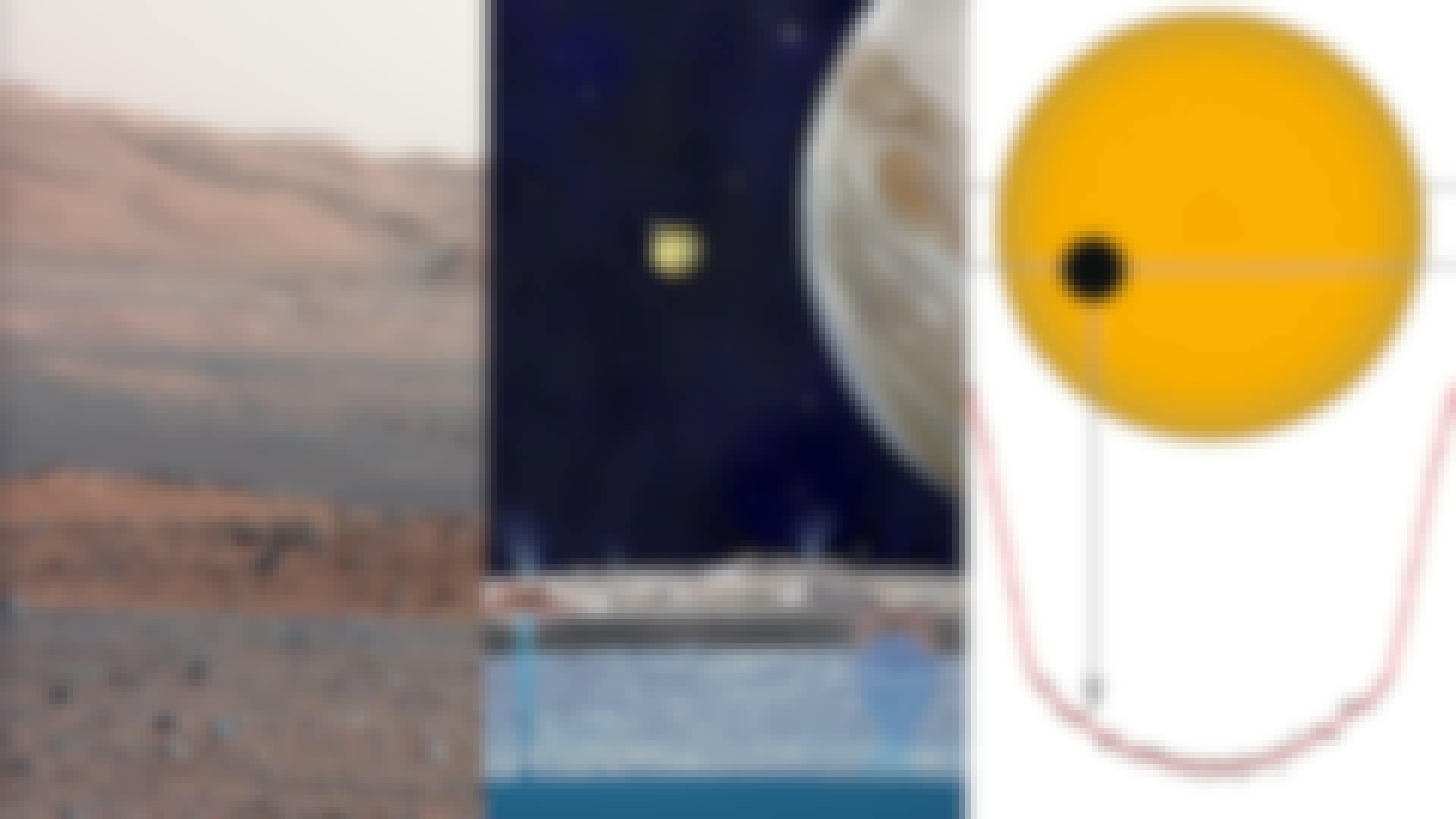 Status: Free
Status: FreeSkills you'll gain: Research, General Science and Research, Physical Science, Scientific Methods, Life Sciences, Physics, Water Resources, Advanced Mathematics, Environment, Simulations, Simulation and Simulation Software, Systems Of Measurement
In summary, here are 10 of our most popular orbital+perturbations courses
- Astronomy: Exploring Time and Space: University of Arizona
- Introduction to Molecular Spectroscopy: University of Manchester
- The Finite Element Method for Problems in Physics: University of Michigan
- Introduction to Physical Chemistry: University of Manchester
- Introduction to Mechanics: Rice University
- Rocket Science for Everyone: Yale University
- Differential Equations Part I Basic Theory: Korea Advanced Institute of Science and Technology(KAIST)
- Electrodynamics: Korea Advanced Institute of Science and Technology(KAIST)
- FEM - Linear, Nonlinear Analysis & Post-Processing: Coursera Project Network
- Introduction to Basic Vibrations: Korea Advanced Institute of Science and Technology(KAIST)










